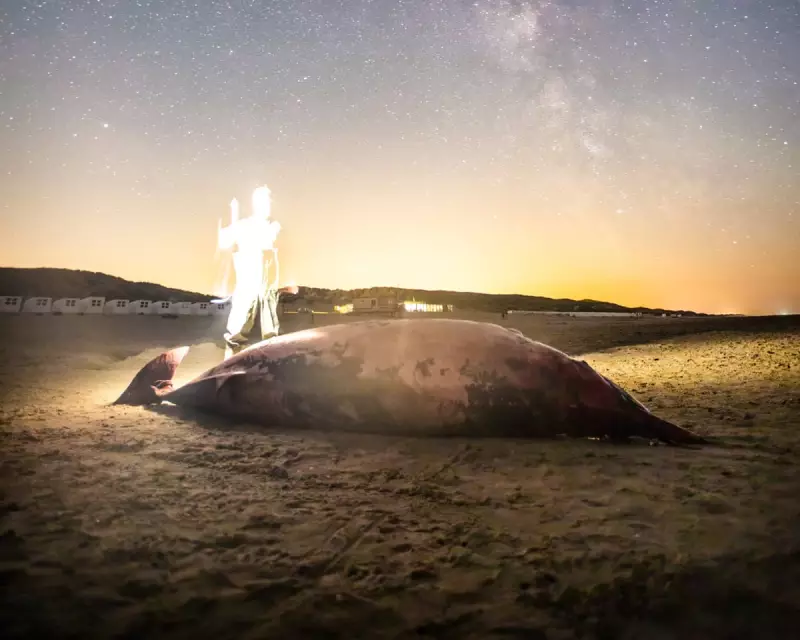
A profound and worrying ecological shift is unfolding along Scotland's rugged coastline. The latest official figures reveal a stark 20% increase in the number of whales, dolphins, and porpoises found stranded on Scottish beaches in just one year, painting a grim picture of the challenges facing marine life.
A Disturbing Tally of Loss
The Scottish Marine Animal Stranding Scheme (SMASS), the body tasked with investigating these tragic events, recorded a total of 1,036 strandings in the 2024-25 period. This figure represents a significant jump from the 864 incidents documented the previous year and marks a distressing upward trajectory that has scientists deeply concerned.
Victims of the Deep
The data exposes a crisis affecting a wide range of marine giants and other species. Among the casualties were 19 sperm whales, 16 northern bottlenose whales, and 12 humpback whales. However, the tragedy extends beyond these leviathans. Harbour porpoises, various dolphin species, and even seals are increasingly falling victim, suggesting a widespread environmental problem.
Unravelling the Mystery: What's Driving the Crisis?
Marine biologists are working tirelessly to diagnose the cause of this surge. While a single factor is rarely to blame, experts point to a perfect storm of anthropogenic pressures:
- Climate Change: Shifting sea temperatures and currents are altering prey distribution, potentially leading animals into hazardous shallow waters or away from their traditional migratory routes.
- Oceanic Noise Pollution: Intensified shipping traffic, seismic surveys for oil and gas, and military sonar create an acoustic fog that disrupts cetacean navigation and communication, crucial for their survival.
- Entanglement in Fishing Gear: "Ghost gear"—lost or abandoned nets and lines—and active creel ropes pose a lethal threat, causing drowning, severe injury, and starvation.
- Pollution and Disease: Contaminants like PCBs weaken immune systems, making animals more susceptible to illnesses that can prove fatal.
The Crucial Role of SMASS
Each stranding, while tragic, provides a vital piece of the puzzle. The team at SMASS conducts thorough post-mortem examinations on carcasses, collecting invaluable forensic data. This work is fundamental to understanding the causes of death and, by extension, the health of the entire marine ecosystem.
A Call to Action from the Scientific Community
Dr. Andrew Brownlow, head of SMASS, has emphasised the urgency of the situation. He warns that these strandings are not isolated incidents but are symptomatic of a sicker, noisier, and more dangerous marine environment. The consistent rise in numbers is a clear signal that cannot be ignored.
The findings serve as a stark reminder of our impact on the marine world. Addressing this crisis requires a concerted effort, including policy changes to mitigate underwater noise, innovations in fishing gear to prevent bycatch, and a global commitment to combat climate change. The fate of Scotland's majestic marine mammals hangs in the balance.





